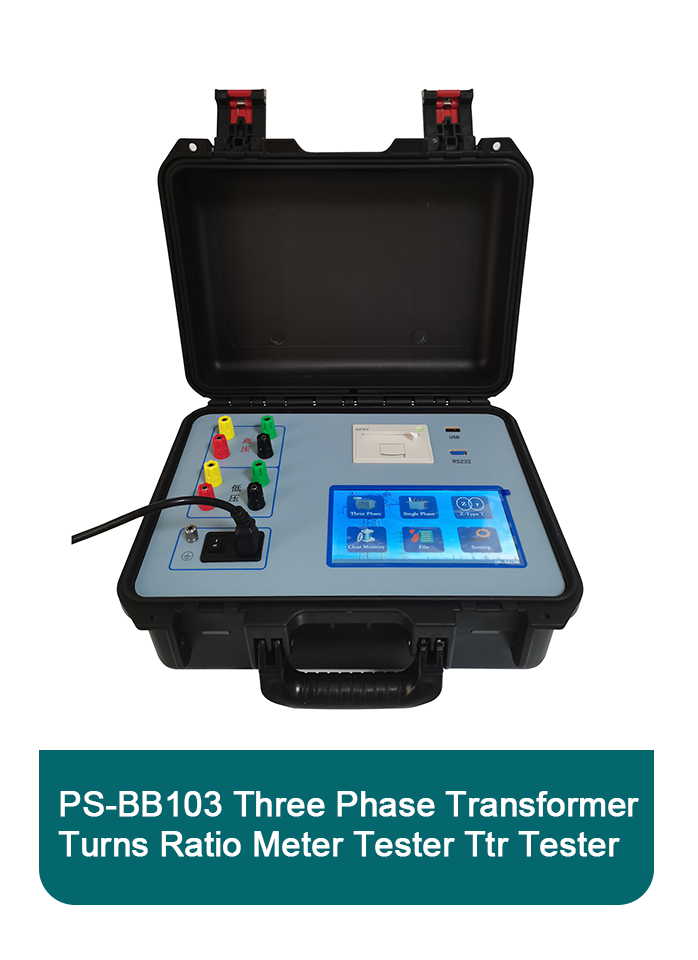 English
English



-
 Afrikaans
Afrikaans -
 Albanian
Albanian -
 Amharic
Amharic -
 Arabic
Arabic -
 Armenian
Armenian -
 Azerbaijani
Azerbaijani -
 Basque
Basque -
 Belarusian
Belarusian -
 Bengali
Bengali -
 Bosnian
Bosnian -
 Bulgarian
Bulgarian -
 Catalan
Catalan -
 Cebuano
Cebuano -
 China
China -
 China (Taiwan)
China (Taiwan) -
 Corsican
Corsican -
 Croatian
Croatian -
 Czech
Czech -
 Danish
Danish -
 Dutch
Dutch -
 English
English -
 Esperanto
Esperanto -
 Estonian
Estonian -
 Finnish
Finnish -
 French
French -
 Frisian
Frisian -
 Galician
Galician -
 Georgian
Georgian -
 German
German -
 Greek
Greek -
 Gujarati
Gujarati -
 Haitian Creole
Haitian Creole -
 hausa
hausa -
 hawaiian
hawaiian -
 Hebrew
Hebrew -
 Hindi
Hindi -
 Miao
Miao -
 Hungarian
Hungarian -
 Icelandic
Icelandic -
 igbo
igbo -
 Indonesian
Indonesian -
 irish
irish -
 Italian
Italian -
 Japanese
Japanese -
 Javanese
Javanese -
 Kannada
Kannada -
 kazakh
kazakh -
 Khmer
Khmer -
 Rwandese
Rwandese -
 Korean
Korean -
 Kurdish
Kurdish -
 Kyrgyz
Kyrgyz -
 Lao
Lao -
 Latin
Latin -
 Latvian
Latvian -
 Lithuanian
Lithuanian -
 Luxembourgish
Luxembourgish -
 Macedonian
Macedonian -
 Malgashi
Malgashi -
 Malay
Malay -
 Malayalam
Malayalam -
 Maltese
Maltese -
 Maori
Maori -
 Marathi
Marathi -
 Mongolian
Mongolian -
 Myanmar
Myanmar -
 Nepali
Nepali -
 Norwegian
Norwegian -
 Norwegian
Norwegian -
 Occitan
Occitan -
 Pashto
Pashto -
 Persian
Persian -
 Polish
Polish -
 Portuguese
Portuguese -
 Punjabi
Punjabi -
 Romanian
Romanian -
 Russian
Russian -
 Samoan
Samoan -
 Scottish Gaelic
Scottish Gaelic -
 Serbian
Serbian -
 Sesotho
Sesotho -
 Shona
Shona -
 Sindhi
Sindhi -
 Sinhala
Sinhala -
 Slovak
Slovak -
 Slovenian
Slovenian -
 Somali
Somali -
 Spanish
Spanish -
 Sundanese
Sundanese -
 Swahili
Swahili -
 Swedish
Swedish -
 Tagalog
Tagalog -
 Tajik
Tajik -
 Tamil
Tamil -
 Tatar
Tatar -
 Telugu
Telugu -
 Thai
Thai -
 Turkish
Turkish -
 Turkmen
Turkmen -
 Ukrainian
Ukrainian -
 Urdu
Urdu -
 Uighur
Uighur -
 Uzbek
Uzbek -
 Vietnamese
Vietnamese -
 Welsh
Welsh -
 Bantu
Bantu -
 Yiddish
Yiddish -
 Yoruba
Yoruba -
 Zulu
Zulu
gas chromatography gc ms
Gas Chromatography-Mass Spectrometry (GC-MS) A Powerful Tool for Chemical Analysis
Gas chromatography-mass spectrometry (GC-MS) is a highly effective analytical technique widely used in various fields, including chemistry, biochemistry, environmental science, and forensics. Combining the strengths of gas chromatography (GC) and mass spectrometry (MS), this powerful tool allows for the separation, identification, and quantification of complex mixtures of chemical compounds.
Gas Chromatography-Mass Spectrometry (GC-MS) A Powerful Tool for Chemical Analysis
Once the compounds are separated, they enter the mass spectrometer for further analysis. The mass spectrometry component ionizes the separated compounds, producing charged particles (ions). These ions are then sorted based on their mass-to-charge ratio (m/z) in a detection system. The output is a mass spectrum, a graphical representation of the ions detected, which provides both qualitative and quantitative information about the compounds present in the original mixture.
gas chromatography gc ms

One of the most significant advantages of GC-MS is its high sensitivity and specificity. This makes it an invaluable tool for detecting trace levels of substances in complex matrices, such as environmental samples or biological fluids. For instance, in toxicology, GC-MS can identify and quantify drugs and their metabolites in urine, providing crucial evidence in forensic investigations. Likewise, in environmental studies, it can detect pollutant levels in soil and water, helping to assess contamination and guide remediation efforts.
GC-MS is also recognized for its rapid analysis time and automation capabilities. Modern instruments can process multiple samples in a short period, making it suitable for high-throughput laboratories. Furthermore, the technique has a broad application range, from analyzing volatile organic compounds in the air to determining flavor compounds in food science, showcasing its versatility.
Despite its many advantages, GC-MS does have some limitations. The technique is primarily applicable to volatile and thermally stable compounds, which means that high-boiling or thermally labile substances may not be effectively analyzed using GC. Additionally, sample preparation can be time-consuming and may involve derivatization steps to enhance volatility.
To sum up, gas chromatography-mass spectrometry is a cornerstone analytical method that combines the capacity for separating complex mixtures with the precision of mass spectral analysis. Its applications in environmental monitoring, clinical analysis, pharmaceutical development, and numerous other fields illustrate its significance and impact on science and industry. With ongoing advancements in technology and methodologies, the future of GC-MS promises even greater capabilities, allowing scientists to explore the intricacies of chemical composition with unmatched precision.
-
Ensuring SF₆ Gas Safety: Introducing PUSH’s Integrated SF₆ Analyzer for Dew Point, Purity, and Decomposition MonitoringNewsJul.10,2025
-
Exploring the Main Types of Industrial Endoscopes and Their Applications Across IndustriesNewsJul.04,2025
-
Testing Equipment Industry Sees Major Advancements in 2025: Smart & Precision Technologies Lead the WayNewsJun.06,2025
-
Applications of Direct Current Generators in Renewable Energy SystemsNewsJun.05,2025
-
Hipot Tester Calibration and Accuracy GuidelinesNewsJun.05,2025
-
Digital Circuit Breaker Analyzer Features and BenefitsNewsJun.05,2025



